Winter can bring unexpected challenges to your home, especially for its heating system, and this guide provides key tips to help you avoid heating emergencies this winter.
Regular maintenance is the best way to prevent unexpected breakdowns and this includes having a professional check your furnace or boiler each year. However, there are also simple tasks you can do yourself to protect your heating system.
Being prepared for power outages is also important, keeping items such as flashlights, batteries, and warm blankets ready. A backup heat source, like a propane heater that's safe for indoor use, can also be a lifesaver.
In this guide, you’ll learn how to reduce the risk of heating failures, prepare your home for power outages, and recognize early signs of trouble.
Here's what you need to know:
- How your heating system works and how to care for it
- Winter heating emergencies: How to prevent and prepare
- How to reduce heating costs without sacrificing comfort
Whether you rely on a furnace, boiler, or heat pump, these tips will help you stay safe, warm, and energy-efficient all winter long.
How your heating system works and how to care for it
Knowing how your heating system works can help prevent emergencies and save money. Different types of systems have unique features and maintenance needs. For example, space heaters can be useful but have important safety considerations.
Common types of heating systems and their maintenance needs
- Furnaces burn fuel to create heat and use gas, oil, or electricity.
- Heat pumps move heat from outside to inside, working well in mild climates.
- Boilers heat water and send it through pipes to your home’s radiators.
Each type needs different care. Furnaces need clean filters and clear vents, heat pumps need outdoor unit checks, and boilers need water level and pressure checks. Regular tune-ups keep all systems running smoothly, helping avoid breakdowns when you need heat most.
How your thermostat affects heating performance and efficiency
The thermostat controls the heating system, telling the system when to turn on and off and maintaining the correct temperature. A working thermostat keeps your home comfortable and saves energy. To maintain it, check the batteries yearly and gently clean any dust with a soft brush. Ensure it's level on the wall, as a tilted thermostat can give wrong readings.
Smart thermostats can be a big help as they can learn your schedule, adjusting temperatures automatically for optimal performance. This can cut heating costs by 10-15%.
Are space heaters worth it? Benefits, risks, and safe use
Space heaters warm small areas quickly and they're good for rooms you use less often. Some types are also very energy-efficient.
Pros:
- Quick heat for small spaces
- Can lower whole-house heating costs
- Portable and easy to use
Cons:
- Can pose a fire risk if used incorrectly
- May trip circuit breakers
- Not good for heating large areas
We urge caution with space heaters and you should always keep them away from curtains and furniture. Never leave them on when you sleep or leave home. It’s recommended to choose models with tip-over shutoff switches for safety.
Winter heating emergencies: How to prevent and prepare
Regular upkeep and readiness are key to avoiding heating problems in winter. We'll cover important maintenance tips and how to pack an emergency kit.
Heating system maintenance checklist for winter readiness
Check your heating system before cold weather hits, cleaning or replace filters monthly to keep air flowing freely. This helps your system run better and use less energy.
Look for leaks, cracks, or loose parts in your heating equipment and fix these issues right away to prevent bigger problems later. Don't forget about your chimney and vents either, ensuring they're clear of blockages.
Test your carbon monoxide and smoke detectors and replace batteries if needed. These devices can save lives if there's a heating emergency. Finally, have a professional inspect your system yearly as they can spot and fix issues you might miss. This check-up can prevent many common heating problems.
Creating an emergency kit
We suggest putting together an emergency kit in case your heat goes out which should include warm blankets, sleeping bags, and extra warm clothes. These items will help you stay comfortable if you lose power. Pack flashlights, batteries, and a battery-powered radio. These tools let you stay informed and see in the dark.
You should also add bottled water and non-perishable food to your kit.
Store matches and candles safely for backup light and warmth, and if you have a portable heater, ensure it's in good shape. Remember to use it safely and keep it away from anything that can catch fire. A fully charged power bank for your phone is also smart to include.
Also, keep a list of emergency contacts handy, including your heating repair service and local emergency numbers.
What to do if your heating system stops working in winter
A heating system failure during extreme cold is more than an inconvenience—it can quickly become a safety issue. Acting fast and following the right steps can help you stay safe while minimizing damage.
Start by checking the thermostat to ensure it’s set to “heat” and the batteries are working (for models that use them). If your system still doesn’t turn on, check the circuit breaker or fuse box to make sure the heating unit hasn’t tripped. Dirty air filters can also cause furnaces to shut down, replace them if they’re clogged.
If none of these quick fixes solve the issue, turn off the system completely to avoid damage and contact a licensed HVAC technician right away.
While waiting for professional help, bundle up with warm layers, gather family members in one room to conserve heat, and use safe backup heat sources like an indoor-rated space heater or wood-burning stove. Never use your oven, gas stove, or grill for heat, they pose serious fire and carbon monoxide risks.
Keep a charged phone and your emergency heating contact info accessible, and use a battery-powered radio to monitor weather alerts if a storm is affecting power in your area.
How to reduce heating costs without sacrificing comfort
Cutting heating costs is easy with smart practices and alternative methods, helping you save money while staying warm this winter.
Simple energy-saving habits that lower your heating bill
Lower your heating bills by making small changes such as sealing air leaks around doors and windows to stop heat from escaping. Adding a door sweep to outside doors also helps keep warm air in.
Turning down the thermostat at night or when you’re away can cut costs as every degree lower can save up to 3% on your bill. Wearing warm clothes indoors lets us set the temperature lower too and is an easy adjustment to lower costs.
Regular furnace or heat pump tune-ups keep your heating system running well. Clean filters and vents help a furnace work better and use less energy.
Alternative ways to heat your home during cold weather
Space heaters can warm just the room you're in, letting you lower the central heat but you should only use them in occupied rooms and keep them away from anything that could catch fire.
Sunlight is a free heat source and you can open curtains on south-facing windows during the day to let warmth in, while closing them at night keeps the heat from escaping.
Using the oven or running the dishwasher warms up the house too and you can time these tasks for the coldest parts of the day. Meanwhile, a humidifier can make the air feel warmer, letting you turn down the heat a bit.
How often should you service your heating system?
Routine heating system maintenance is the most effective way to prevent breakdowns and extend equipment life. But how often should you actually schedule service? It depends on the type of system you have and how often it runs.
Most homeowners should plan for one professional inspection per year, ideally in the fall before peak heating season. This applies to furnaces, boilers, and ducted systems, where annual tune-ups ensure efficient combustion, safe venting, and clean filters.
For heat pumps, which operate year-round for both heating and cooling, two service visits per year are recommended—once in spring and once in fall. This helps catch wear-and-tear before each seasonal shift in workload.
In addition to professional tune-ups, you should:
- Replace or clean filters monthly or as needed
- Check thermostat accuracy seasonally
- Inspect vents and registers for blockages
Skipping regular maintenance increases the risk of failure during extreme weather and may void your equipment warranty. Investing in routine care is far cheaper than emergency repairs—and far more comfortable in the dead of winter.
According to the U.S. Department of Energy, regular heating system maintenance improves efficiency, lowers operating costs, and helps prevent mid-season failures.
Conclusion
Heating emergencies are unpredictable, but they’re often preventable with the right preparation. From understanding your heating system’s needs to scheduling regular maintenance and building a winter emergency kit, every step you take now helps protect your home when temperatures drop.
We’ve covered how to maintain different types of systems, use space heaters safely, reduce heating costs, and prepare for potential power outages. The key is acting before problems begin, checking filters, inspecting vents, and scheduling a professional tune-up can go a long way in avoiding system failure.
If your heating system is overdue for service or you’re unsure about its winter readiness, now is the time to act. Contact TCM today for expert heating inspections, repairs, and emergency response across Eastern Montana.
Get in touch to discuss the next steps for winterizing your home and boosting efficiency.

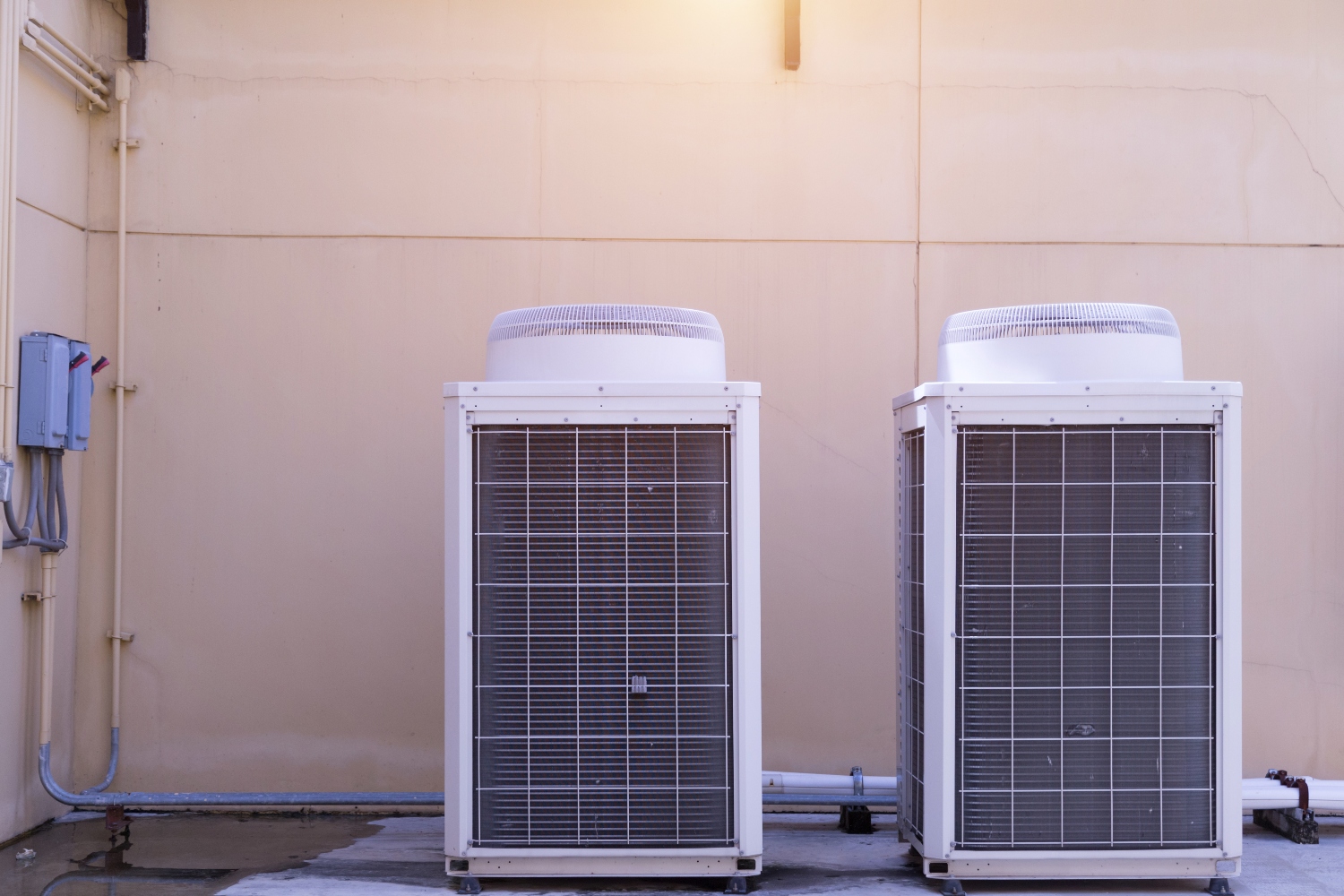
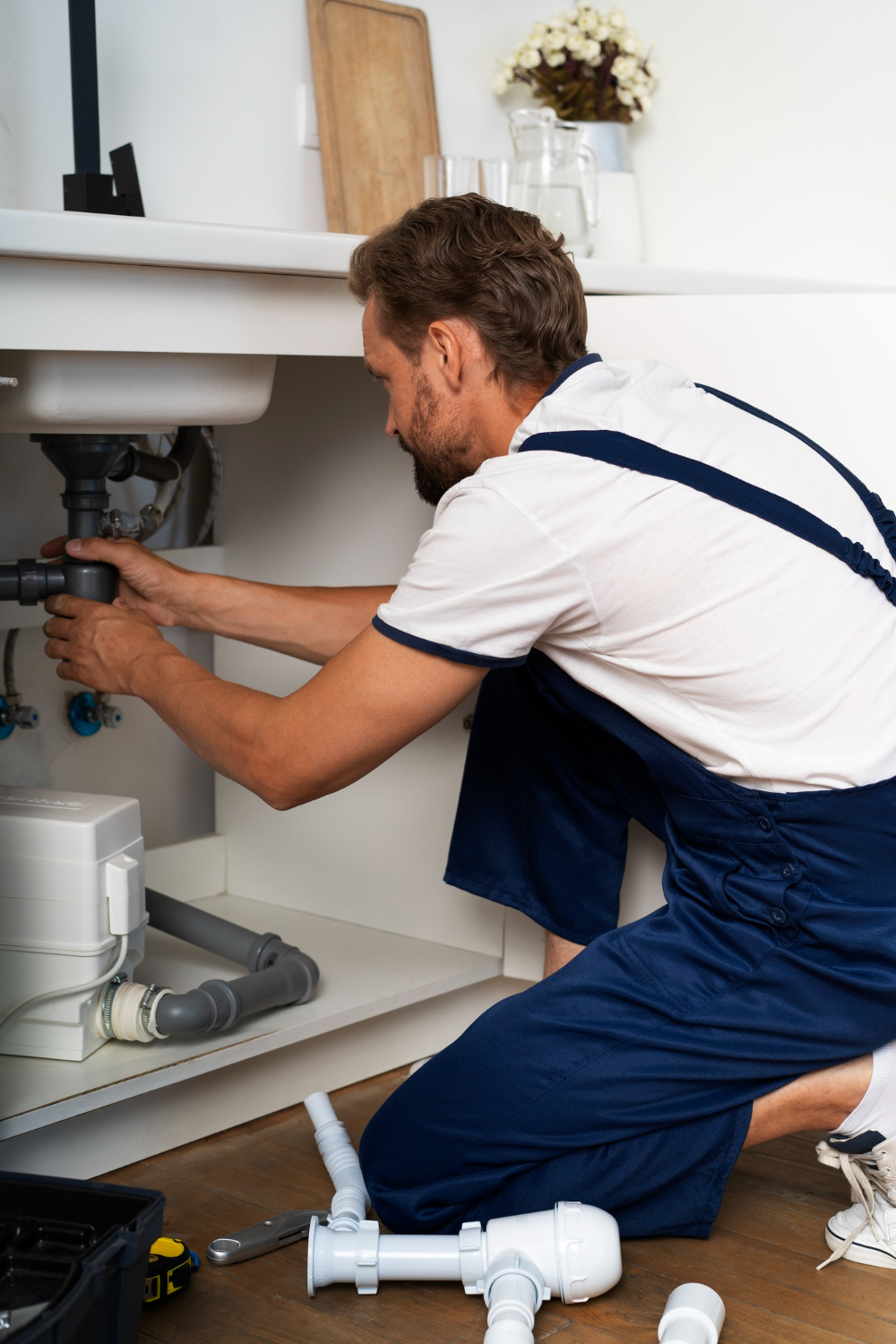
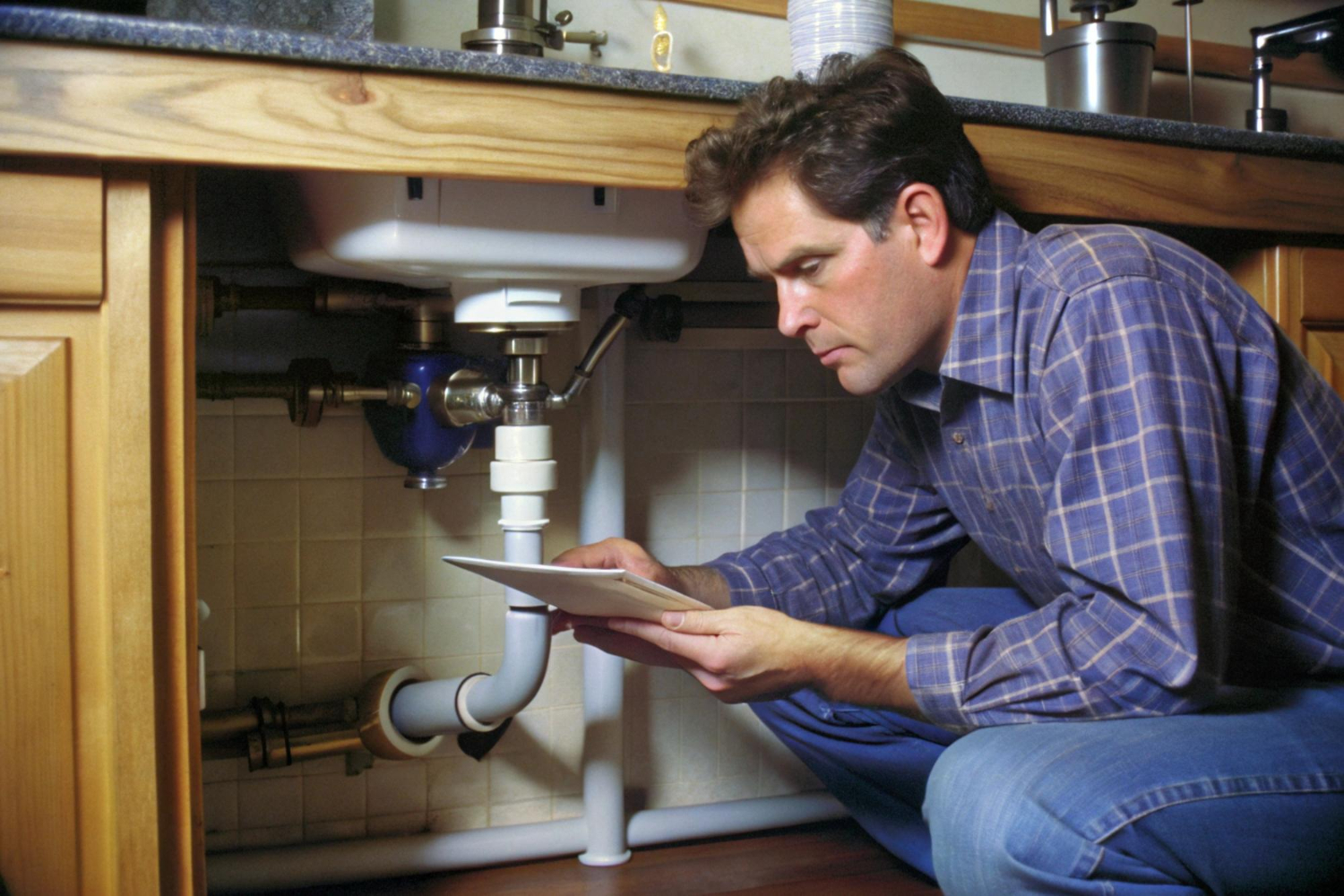
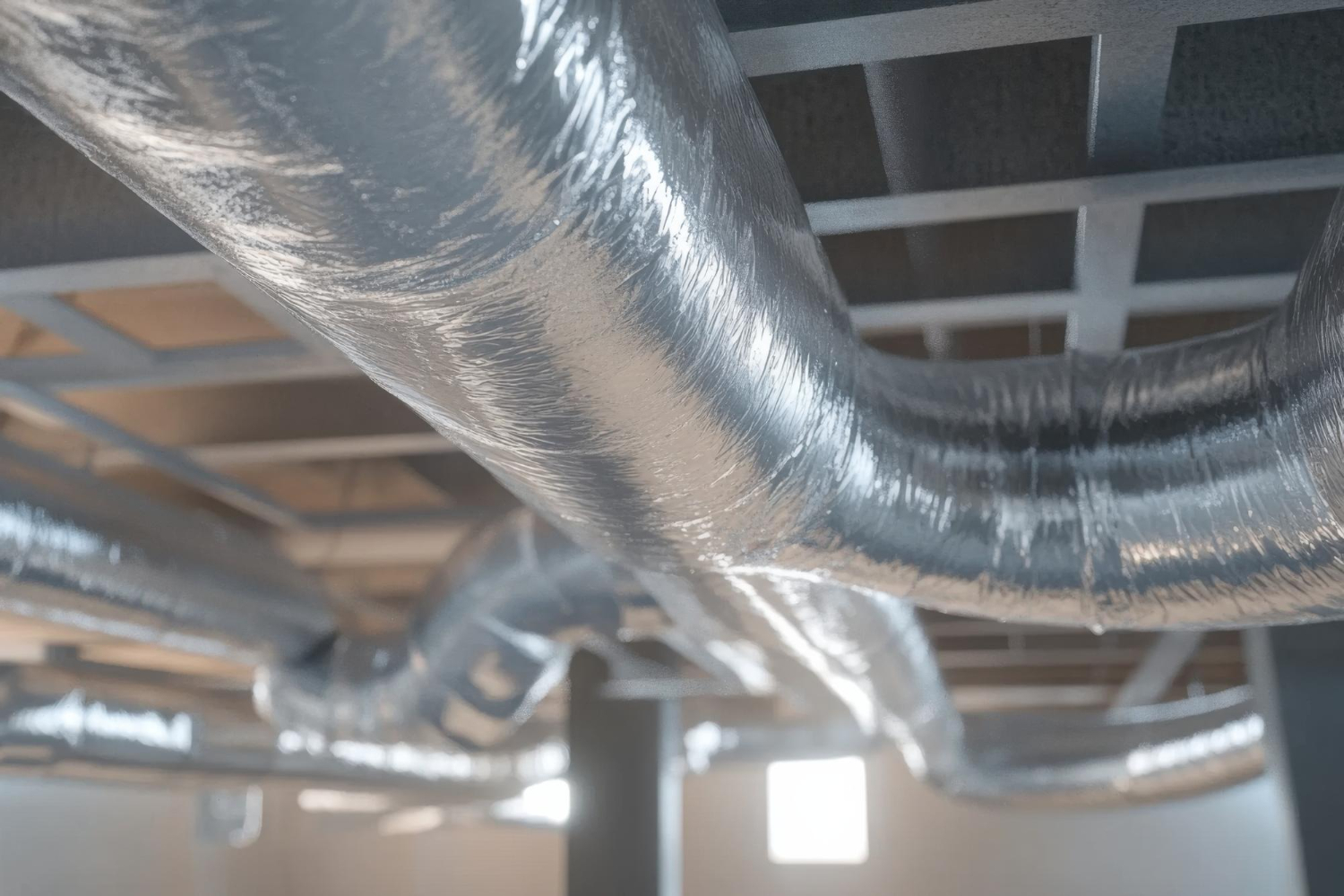
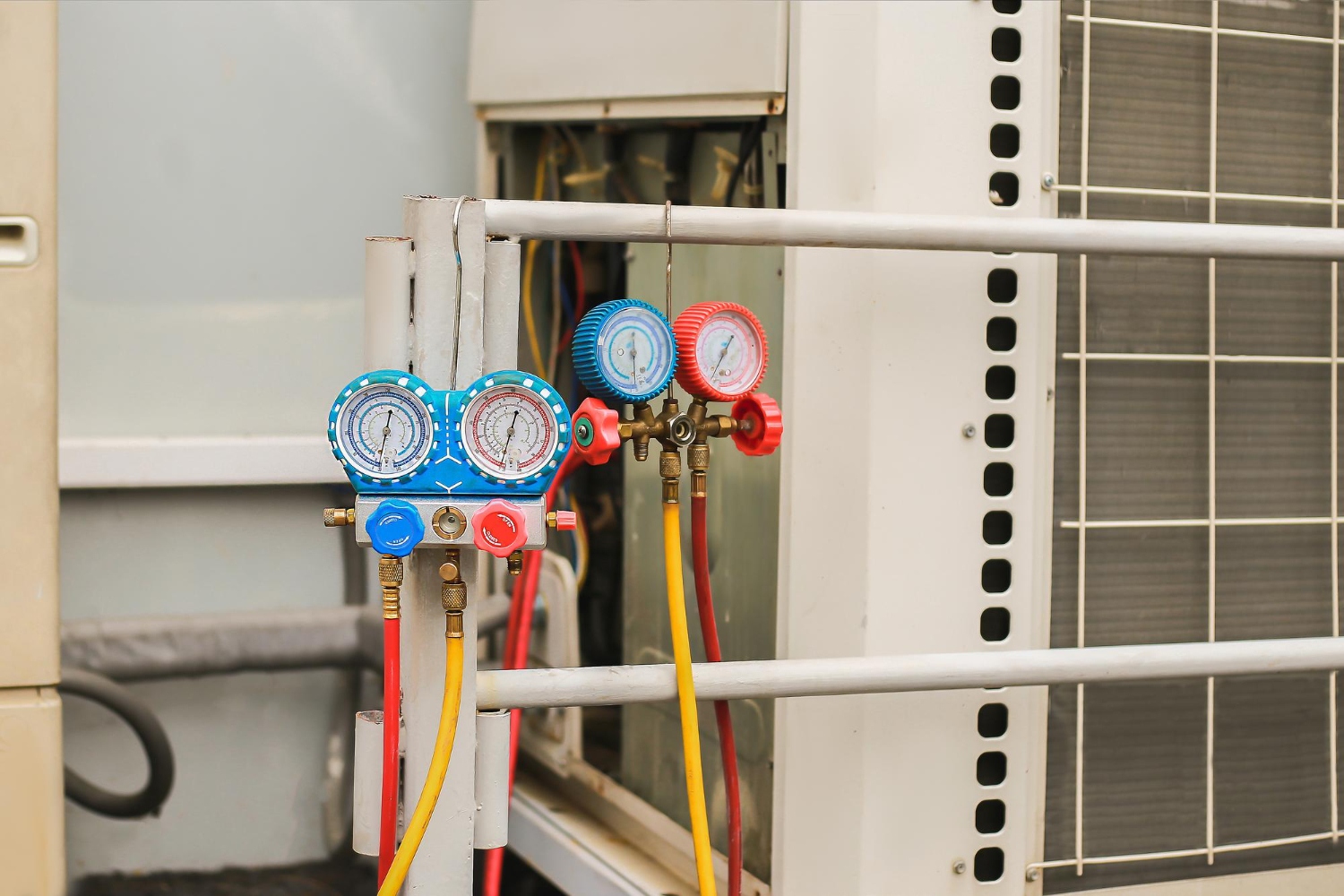
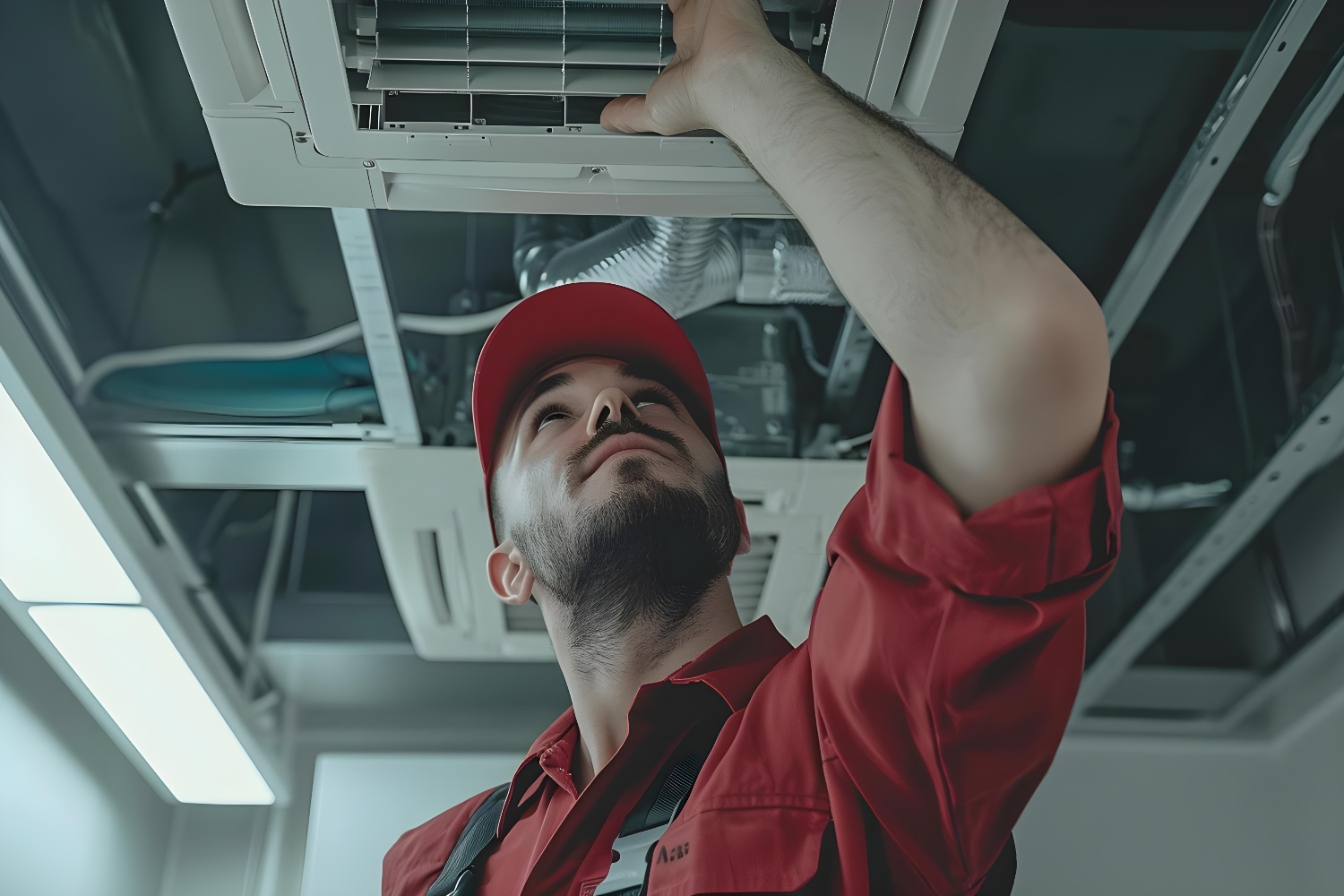
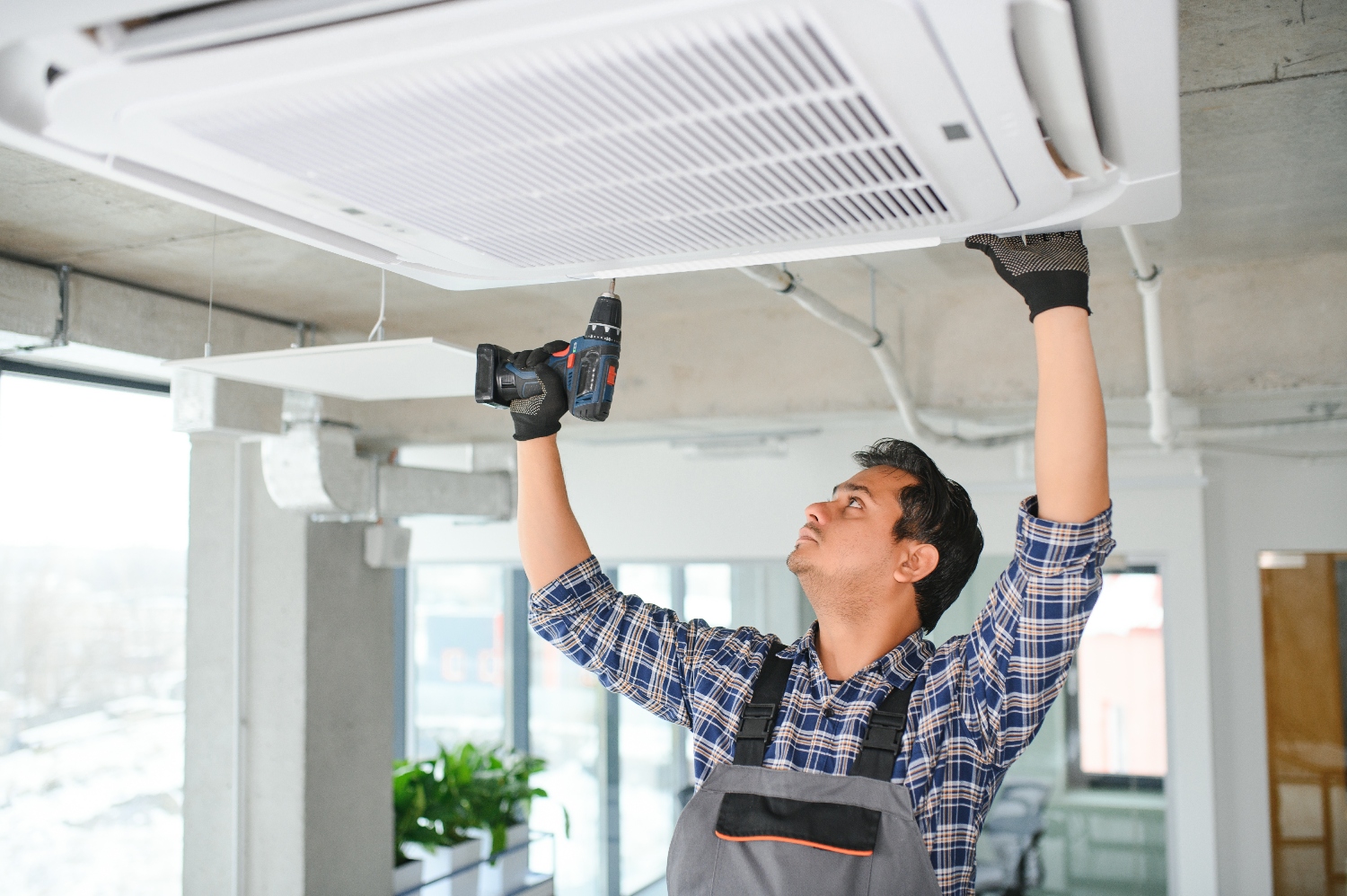
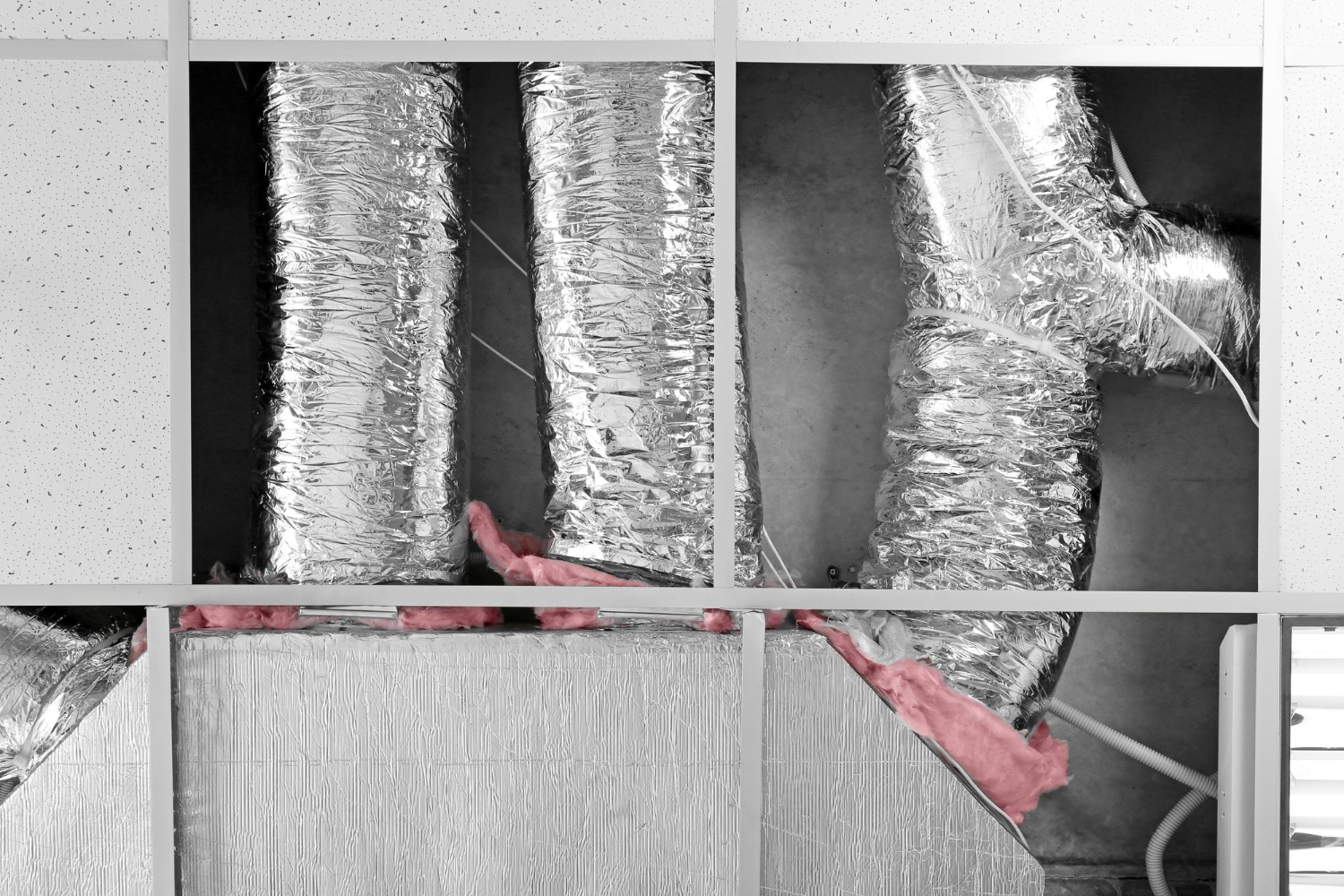































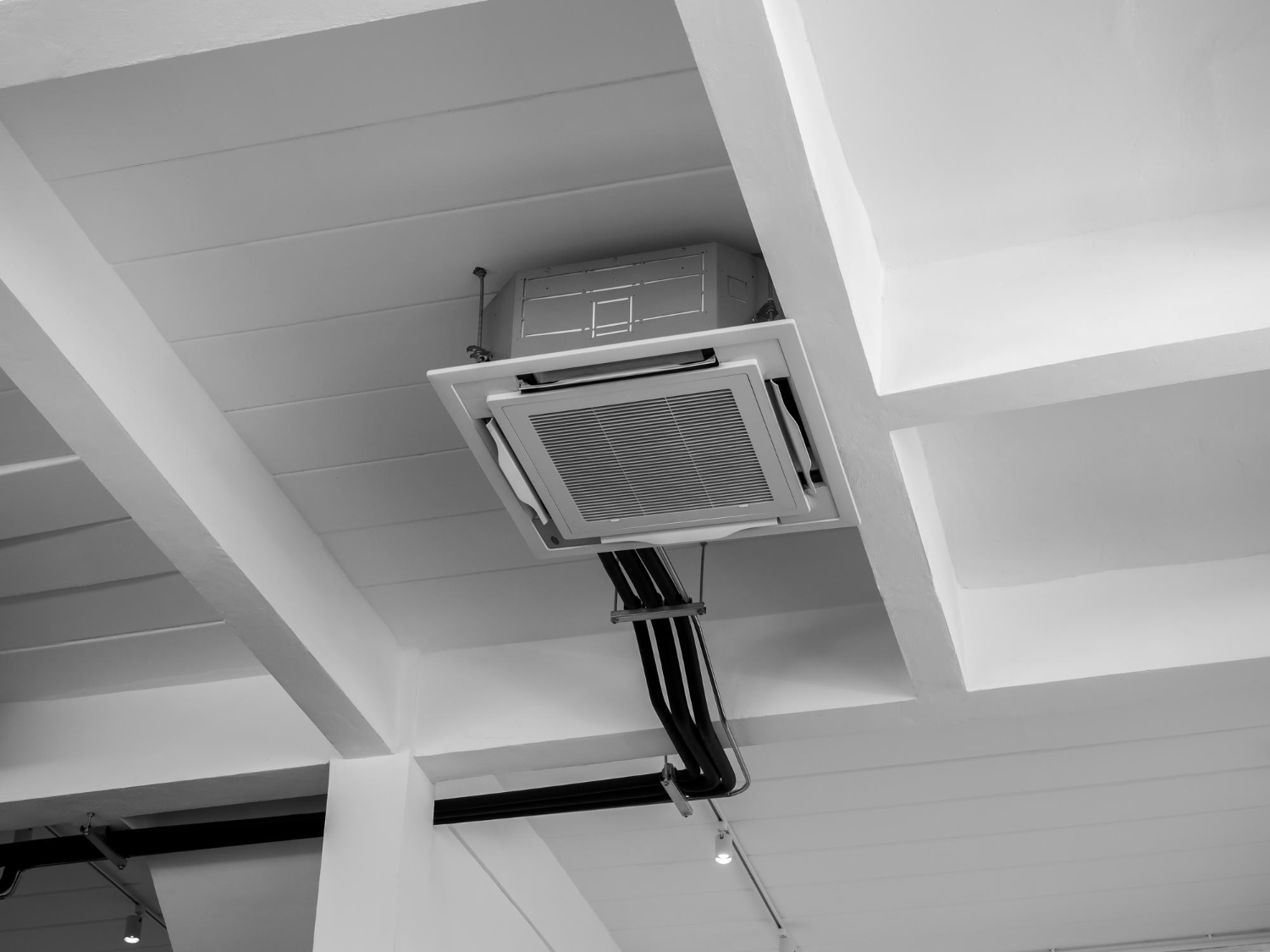




























.jpg)
.jpg)

.jpg)
.jpg)




















